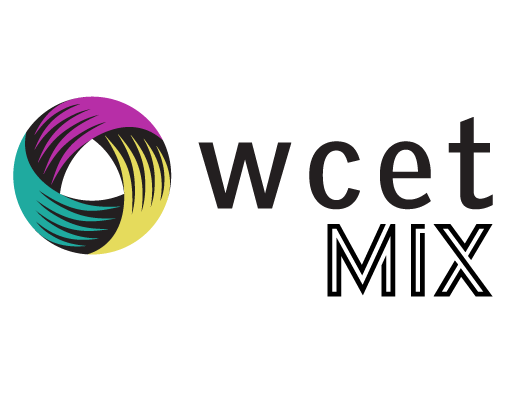Combating Fraud While Protecting Aid for True Students
Institutions must have appropriate internal controls to prevent, detect, and report suspected fraud or abuse of federal financial aid funds. An October 2011 Dear Colleague Letter from the U.S. Department of Education provided some guidance for addressing potential fraud in student aid programs at schools that offer distance education. In February 2014, the Office of the Inspector General (OIG) issued its final audit report titled, “Title IV of the Higher Education Act Programs: Additional Safeguards Are Needed to Help Mitigate the Risks That Are Unique to the Distance Education Environment.”
The report includes a number of recommendations to the Department of Education and to accreditors related; for example, to the frequency of financial aid funds disbursements, methods for student verification, definitions of academic attendance, and other issues.
Rio Salado College and the University of Phoenix have been dedicated in addressing how to identify early-on non-legitimate students or fraudsters, and at the same time, not create additional hurdles for legitimate degree-seeking distance education students. The fraud prevention approaches cut across the various administrative functions of the institutions. Some procedures may have a technology component, other strategies may relate to course design and methods of assessment, and other actions may begin long before the fraudulent student ever logs into his/her online course. Representatives from our two guest institutions have valuable lessons to share. Although your institution may not have been impacted by this problem, it may in the future.
Speakers:
Joe Agins
Director, Ethics and Compliance Investigations, Apollo Education Group, Inc.
Kishia Brock
Vice President of Strategy and Compliance, Maricopa Community Colleges
Ruby Miller
Associate Dean of Enrollment Services, Rio Salado College
Moderator:
Luke Dowden
WCET Executive Council, Chief Online Learning Officer, Alamo Colleges District





